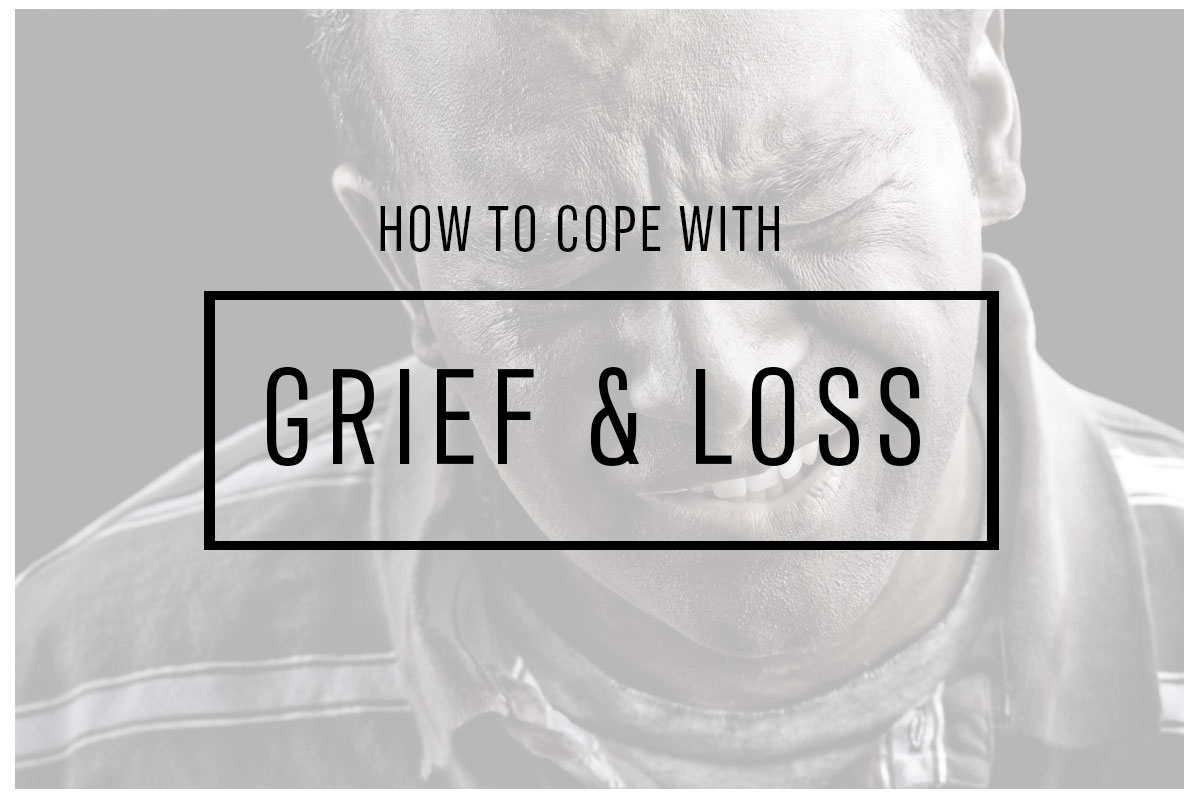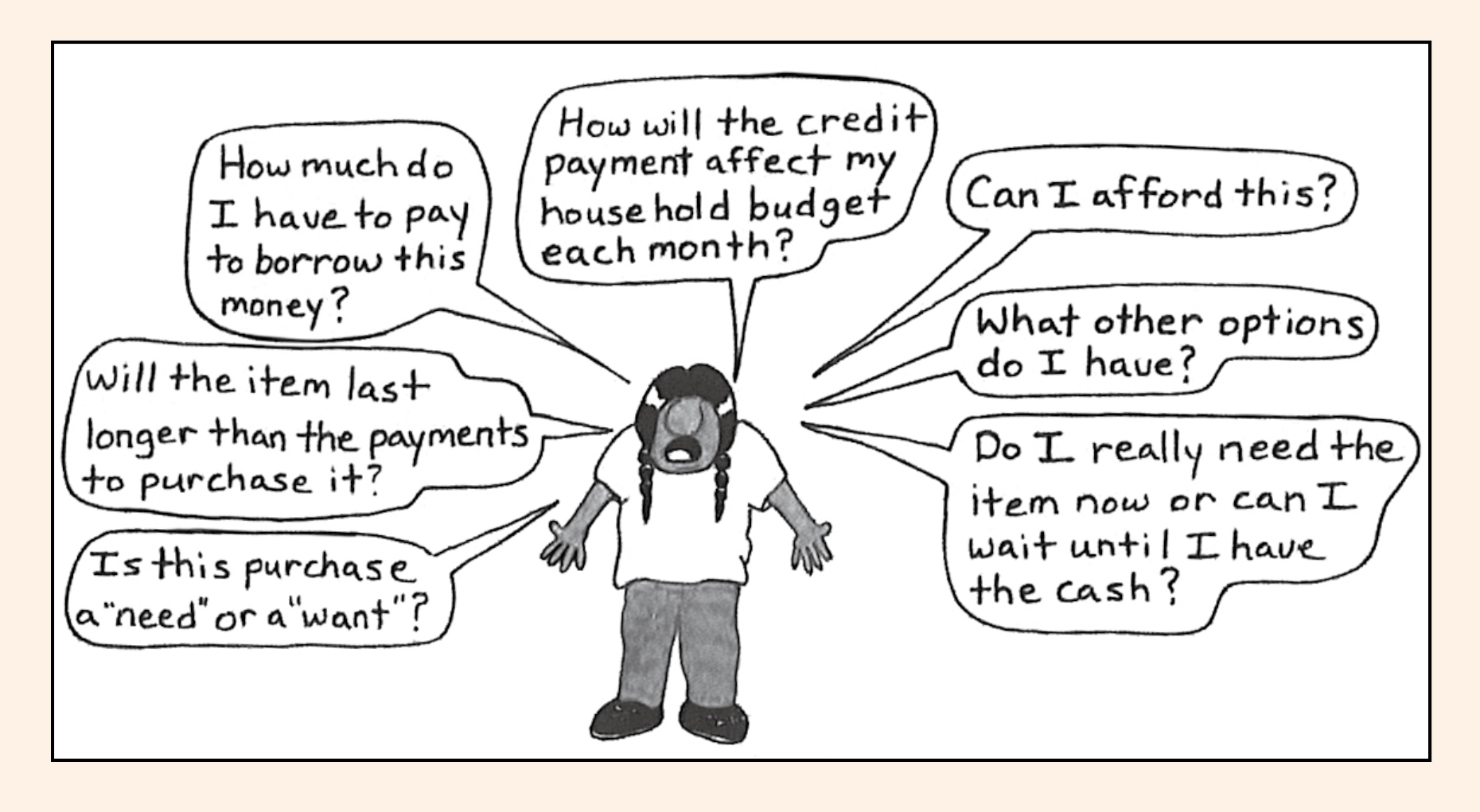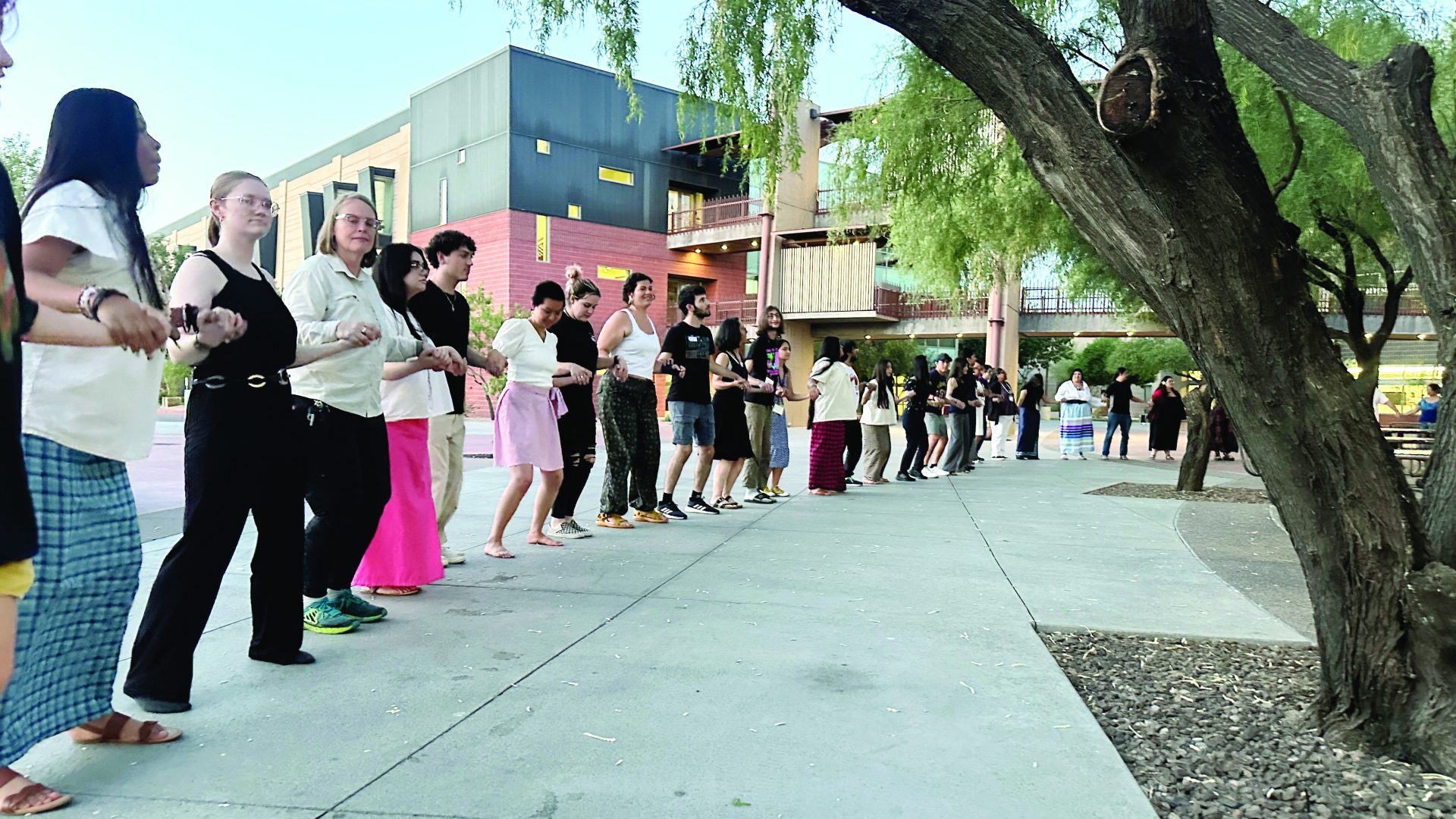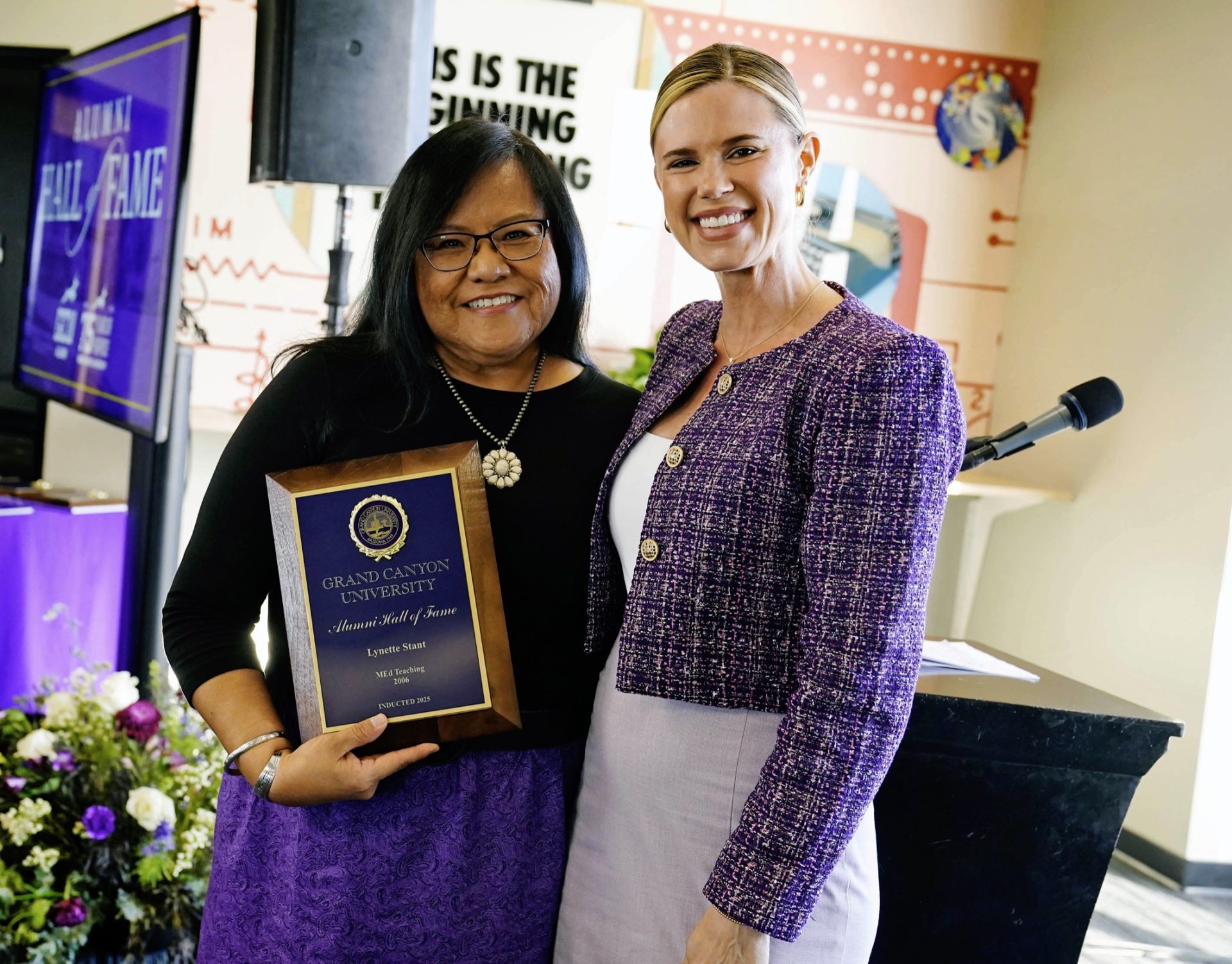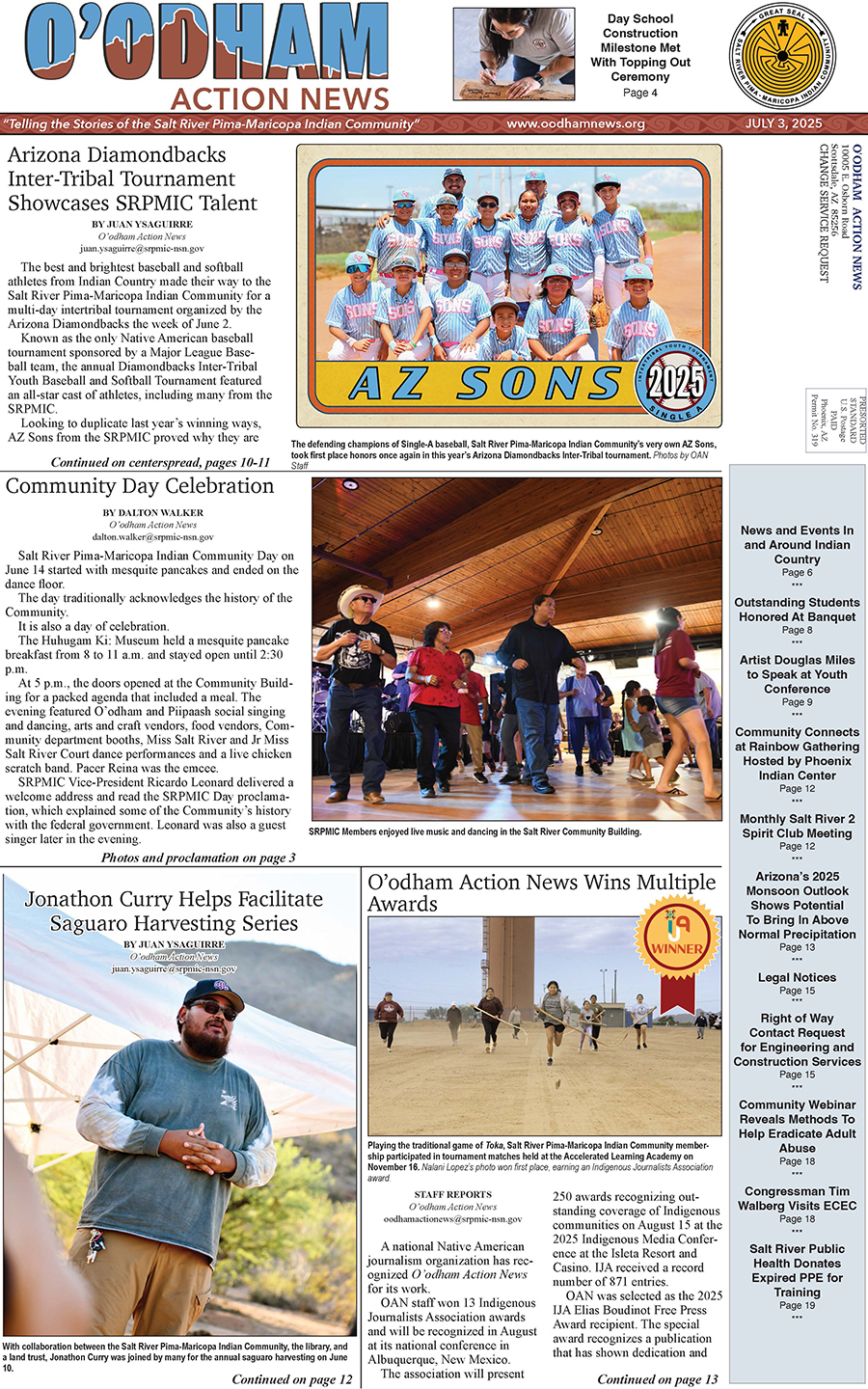VIEWS: 2664
August 19, 2021How to Cope with Grief and Loss
Some people are finding it easy to move on and go back to living their lives like they did before the COVID-19 pandemic. But for others, it’s a little tougher. Many people lost loved ones to COVID-19, or lost their jobs; for others, it just might have been difficult emotionally to isolate themselves from family and friends. Behavioral Health Services of the Salt River Pima-Maricopa Indian Community wants to help people get through their grief and loss so they can move on and continue to live life.
Behavioral Health Services offers a number of outpatient services, including individual, family and couples counseling; group counseling/therapy; case management services; crisis intervention; and Community education seminars.
These programs and services include:
Walk-In Counseling: Same-day and next-day sessions are available, and there is no intake required for the first three sessions.
Intake and Assessment: Next-day appointments are available.
Individual and Family Counseling: There are 30- to 90-minute sessions available.
Mindfulness Group: Group sessions are held on Mondays from 2 to 3 p.m. via telehealth. This is a psychoeducation group for those 18 and older specializing in teaching healthy coping skills through mindfulness strategies.
Teen Girls DBT Group: Group sessions are held on Thursdays from 4 to 5 p.m. via telehealth. This is a therapy group for girls in grades 9-12; participants learn and practice skills such as distress tolerance, emotion regulation to assist in reducing self-harm behaviors, and improving relationships.
Positive Indian Parenting Group: This group meet on Thursdays from 12 to 1:20 p.m. via telehealth. “Honoring Our Children By Our Traditions” is a group focused on traditional parenting, storytelling, harmony in childrearing, traditional behavior modification and more.
Children’s Resiliency Group: This group is for Salt River Elementary School children in grades K-5. Children from kindergarten through grade 2 meet on Tuesdays and grades 3-5 meet on Thursdays, at 2:30 p.m. The students learn healthy coping and social skills to increase self-esteem and better manage feelings and emotions in school and at home.
Standard Outpatient Program (SOP): This program meets two days a week via telehealth. It is a substance-abuse group for adults using the evidence-based modality called Seeking Safety and Stages of Change. The group curriculum addresses substance use and posttraumatic stress disorder, combining psychoeducation and process counseling.
Intensive Outpatient Program (IOP): The program is held on Mondays, Wednesdays and Fridays from 10 a.m. to 12 p.m.; it has a Talking Circle that meets in person on Tuesdays from 10 to 11 a.m. This 18-week substance-abuse group is for adults and utilizes the Matrix Model. The IOP integrates cognitive behavioral therapy, contingency management, motivational interviewing, 12-step facilitation and other elements to give clients the skills and understanding they need to overcome addiction.
Adolescent Intensive Outpatient Program (AIOP): This program meets Mondays, Tuesdays and Thursdays from 4 to 5 p.m. via telehealth. It is an intensive program that provides drug education and awareness, positive coping skills, sober activities, community service meetings, family education, substance-abuse counseling, and incentives and accountability.
Aftercare Program: Meeting on Thursdays from 3 to 5 p.m. in person, this is a substance-abuse group for adults on relapse prevention and learning life skills supportive to recovery. The group utilizes Relapse Prevention (Groski Curriculum) and Life Skills (Hazelden Reentry Curriculum).
Anger Management Group: This group meets via telehealth and utilizes the SAMASH workbook for anger management. Adults will learn about anger management, events and cues, anger-control plans, the aggression cycle, cognitive restructuring, assertiveness, conflict resolution and anger in the family dynamic.
CHANGES/Batterers Intervention Group: This telehealth group is for men and women. Men meet on Wednesdays from 6 to 7:30 p.m. and on Thursdays from 3 to 4 p.m. Women meet on Thursdays from 12 to 1:30 p.m. This group utilizes the Duluth Domestic Abuse Intervention and Turning Points curriculum, designed to assist adult individuals to explore reasons for abusive behaviors and beliefs that support those behaviors. Participants understand the connection of painful and negative feelings to beliefs about women’s and men’s roles; fully explore the impact of violent and abusive behaviors on partners, children and community; and identify and practice non-abusive behaviors.
Day Treatment: This is offered Mondays and Wednesdays or Tuesdays and Thursdays from 12 to 2 p.m. in person. This is a psychoeducation group for adults 18 and older specializing in teaching healthy independent living skills, stress-management techniques, emotional literacy, community and connection, mental health and wellness, and medication management.
These programs and services can help people overcome mental health issues, addiction, grief and loss. Everyone needs time to mourn, but sometimes other circumstances make it difficult. If you are having difficulty grieving, contact BHS counseling at (480) 362-5707 to talk it out with a counselor in a safe place.

